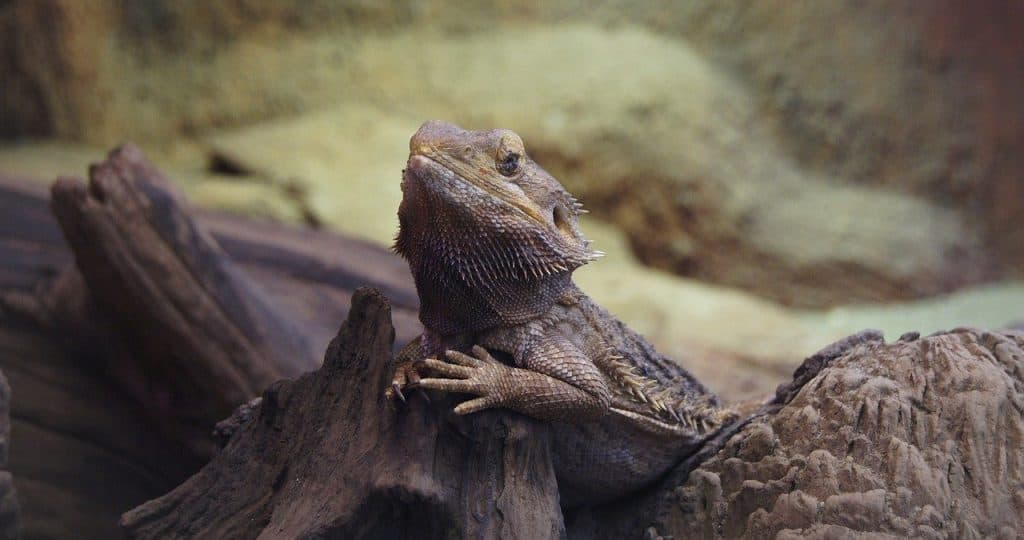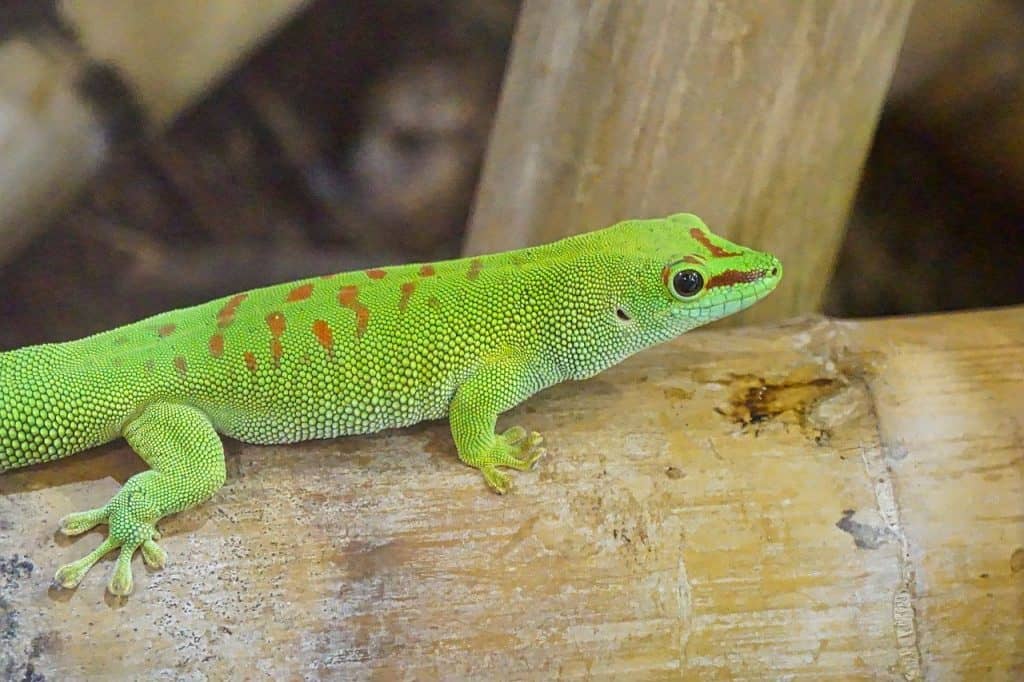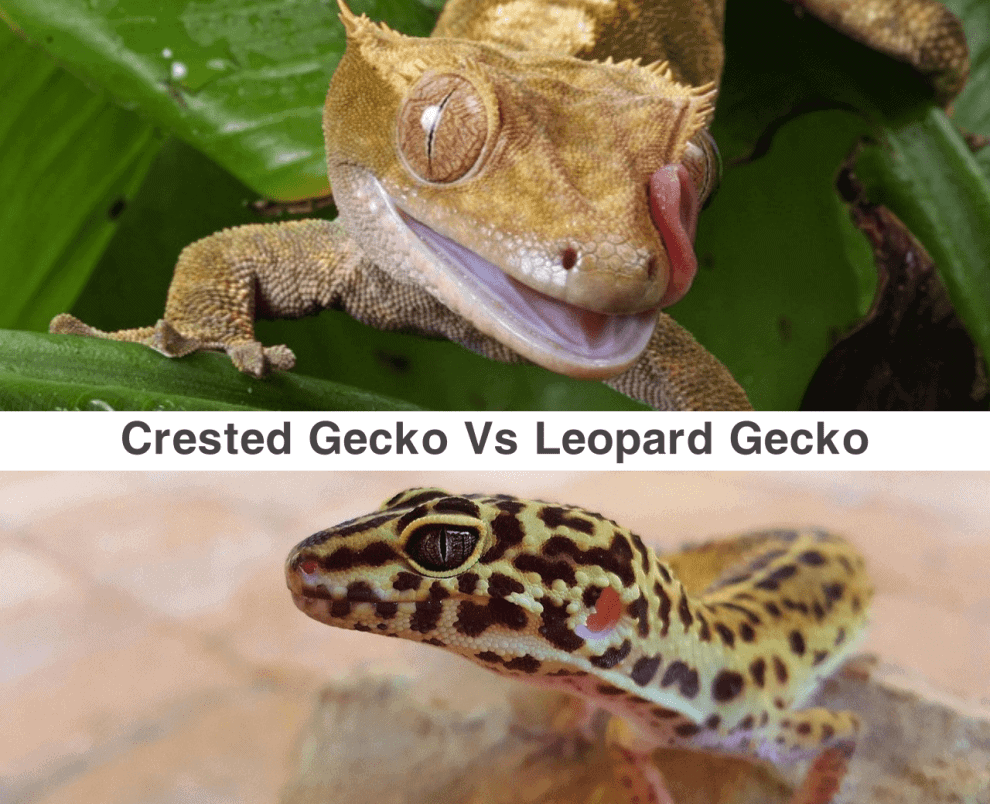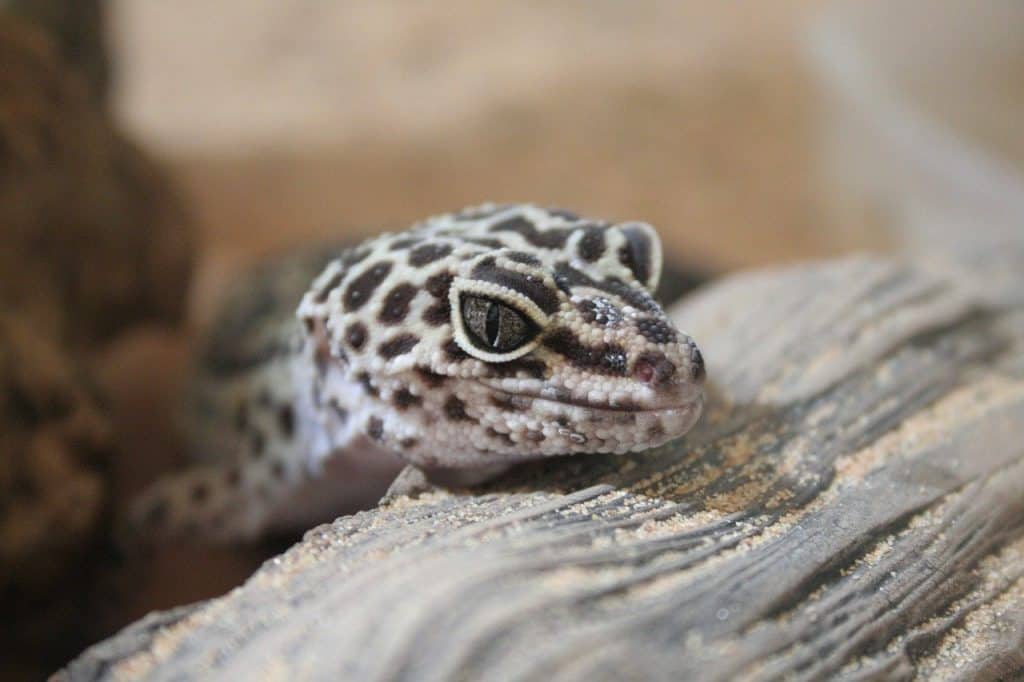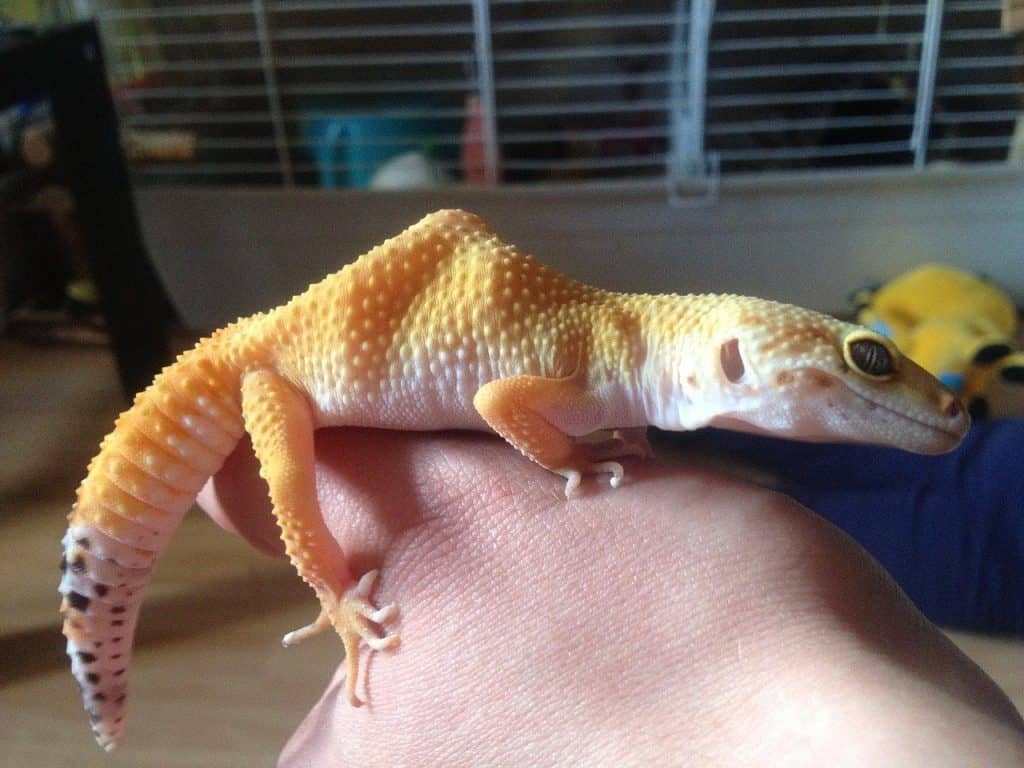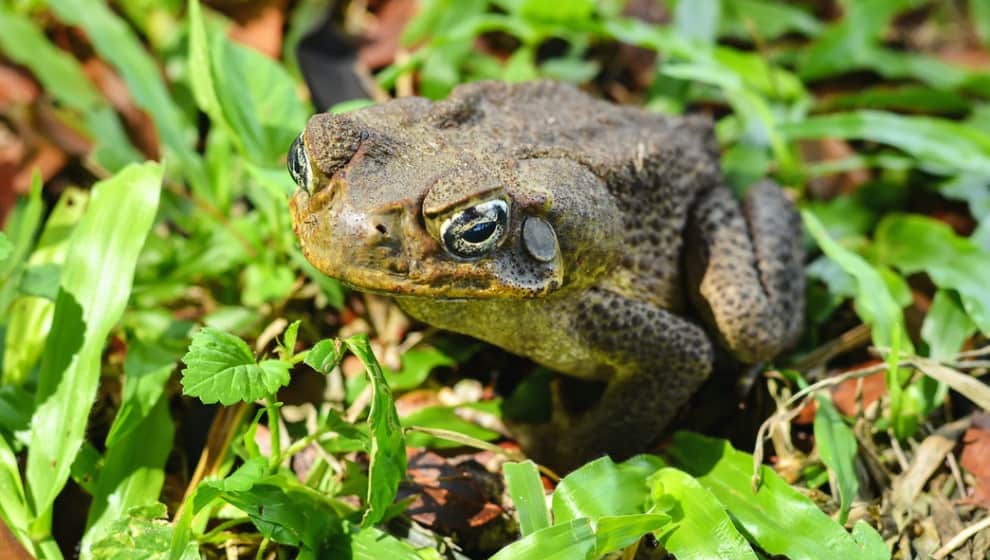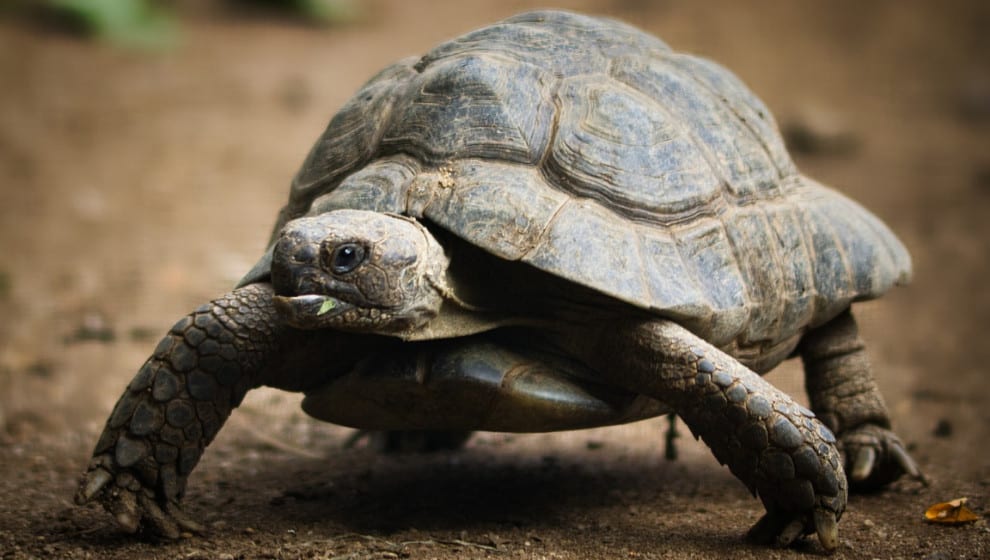Reptiles do not require food every day to survive, especially in winter; they have less appetite. The leopard geckos can go without food for up to ten days, and it is completely normal as they have fat storage in their tails that helps them gain energy according to their body needs.
Adult Gecko can go without eating for 10-14 days, although some can stay longer than three weeks to go without food safely. Babies can easily survive for a week without any food.
Table of Contents
Reason Why Leopard Gecko Refuse To Eat
Leopards Geckos are reptiles; unlike mammalian pets, they do not require to burn calories to maintain their body’s temperature. They can rely on external sources of sun and earth to keep them warm.
Geckos are not always active, requiring lesser energy needs; they are different from mammals pets. Leopard Gecko will likely refuse food if he doesn’t feel like eating, mostly when Geckos can stay longer without food. During cold, they have a limited physical activity that helps them preserve their fat storage for the entire season.
Gecko's Food Habits
Reptiles are not food lovers than mammals, but if they have developed an unusual habit of refusing food, it can be due to illness or other underlying medical conditions. If this sudden attitude of Gecko feels awkward rather than the previous eating habits, you must have to find the reason for this loss of appetite. Here to discuss a few factors that can affect the diet routine of your Gecko.
Extreme Cold Weather Conditions
Geckos need sensible heat for staying healthy; providing a heat source is mandatory during freezing weather. Keep a check over the heat bulb or heating mat to work correctly to provide ample heat to control the coldness. Remember that Gecko’s metabolism rate decreases due to falling temperature; refusing food can be the possible reaction to such environmental conditions.
Emotional Distress
Another compelling reason to refuse food might be related to mental stress. Might your Gecko is not feeling happy with the sudden change of residence or recent travel has made them feel anxious about their surroundings.
Suppose your Gecko seems to behave like an introverted reptile, staying in their captivity for longer hours, being aggressive, or displaying dull colors. In that case, these could be the possible symptoms of anxiety.
Sickness
Any underlying health condition can prevent Gecko from eating frequently, and respiratory infection can sometimes worsen to prevent geckos from eating. If a refusal of diet comes with other symptoms such as looking lethargic unwell, it calls for urgent medical attention. In case you cannot detect any definite reason for the possible loss of appetite, you must see a vet discuss all these health problems of your leopard gecko.
Injury
Abscesses, tail, toe, or eye injury can be quite disturbing for these tiny creatures, and Sometimes vision problems can cause discomfort for a gecko to stop eating properly. An increasing pain due to some injury can make the Gecko anxious enough not to show any interest in food, try to comfort the Gecko because providing relief from pain will make him able to eat again.
What To Consider About Gecko Care At Home
Geckos must be kept with care while being concerned about their food, hydration, and habitat management is mandatory to look after as responsible pet owner. Consistent hydration and maintaining an ideal temperature are essential to keep Gecko out of stressful conditions, vital to support healthy living habits for the pet. Babies are more sensitive and can be a victim of environmental or weather changes; they require more frequent and precise hydration and feeding routine.
Taking Gecko On A Trip Or Leaving Home
Geckos can survive without food for several days, so if you have a few days of the outdoor trip, you can safely leave your Gecko at home. Never ignore the possible power outage or other unpleasant situation that can trouble this innocent creature.
You can take some pet sitters’ services that can facilitate to board your Gecko for weeks while charging a fee for their service. If you found this option an expensive bit, you may ask any trustable family friends to keep your geckos with them for a couple of days; that will be the more satisfying option for you as a responsible pet owner.
For one or two weeks trip, you may take the favor of some responsible neighbor to come daily to check the heating system in the Gecko’s enclosure and provide with fresh drinking water. In cases of special needs like your pet is suffering from sickness or going through some medical condition, you can hire a professional caregiver to come to your place daily to take care of your Leopard gecko’s needs.
Few Tips Prevent Lack Of Appetite In Leopard Geckos
It is not possible to control your pet’s eating habits; instead, a few crucial tips can help keep a check on your pet’s health.
- Avoid feeding your Gecko’s with super worms that can cause digestive issues.
- Handle them with great care to reduce the chances of injury.
- Take special care about the pet’s enclosure temperature and keep the remaining food away to avoid accidentally ingesting it.
- In case you feel your Gecko is not doing well, take him for a medical check-up to a trusted vet.
- Younger geckos don’t have more extensive storage of fat that they must be fed after every day, and in case they are losing appetite to stay hungry over a week, it calls for medical attention.
Bottom line
We hope this article will prove immensely helpful to know the possible reasons for your pet eating less. Make a schedule and stick with a routine of feeding timely this will help the Leopard Gecko to maintain healthy and ideal body mass. Pet owners should not ignore any troubling situation with unusual behavior while seeking a professional reptile vet would be necessary to find a possible health issue. Owning a gecko and keeping it healthy and happy is essential in showing love for this beautiful tiny pet.

